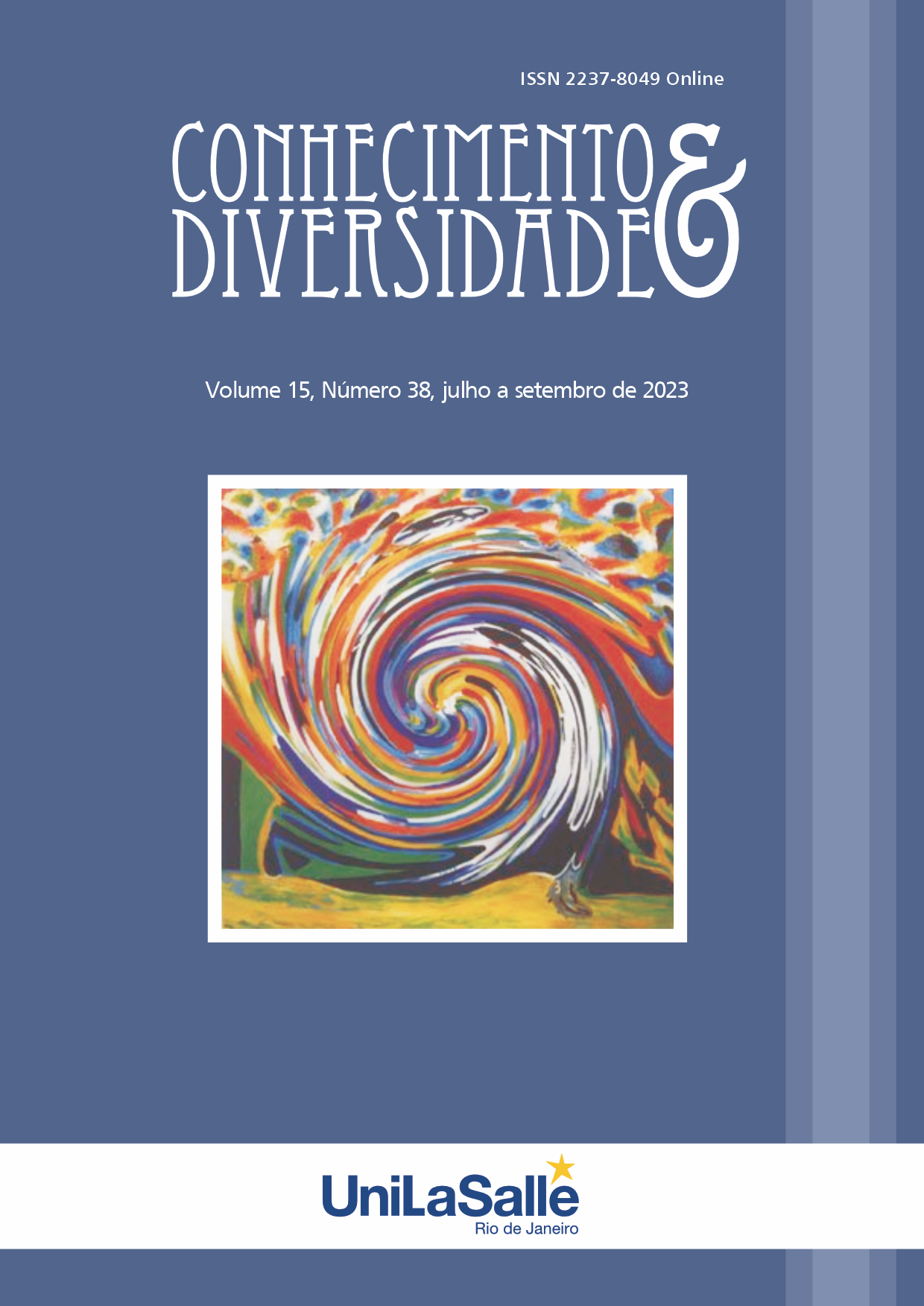FACTORS IN THE DEVELOPMENT OF INFORMATION AND COMMUNICATIONS COMPETENCE IN TEACHERS IN A UNIVERSITY’S INTERNAL SYSTEM OF ADVANCED TRAINING
DOI:
https://doi.org/10.18316/rcd.v15i38.11055Palabras clave:
Information competence, Information and communications competence, Factors in the development of information and communications competenceResumen
The study focuses on factors in the development of information and communications competence. The authors describe the effects of the application of information and communications technology as an applied basis for developing information and communications competence and the impact of pedagogical competence as a theoretical foundation for the development of information and communications competence. The obtained findings are utilized to propose a comprehensive strategy to facilitate the development of information and communications competence in teachers accounting for all the significant factors in it and including all stages of its development. The presented approach ensures consistent development of the competencies from the development of educational programs and to self-assessment and further improvement of the skills. Considering such factors as the educational environment, individual psychological characteristics, pedagogical experience, and motivation, it is possible to considerably improve the results and utilize ICT to increase the quality of education.
Citas
Beziuleva, G. V., Ivanova, N. V., Nikitin, M. V., & Shelamova, G. M. (2018). Professionalnaia kompetentnost: Aspekty formirovaniia [Professional competence: Aspects of development]. Moscow: Moscow Psycho-Social Institute, Federal Institute for the Development of Education, 82 p.
Khalitova, I. S. (2009). Formirovanie korporativnoi kompetentsii studentov tekhnicheskogo vuza v protsesse vneuchebnoi deiatelnosti [Development of the corporate competency of technical university students in extracurricular activities]: Candidate degree dissertation in Pedagogy, Institute of Pedagogy and Psychology of Professional Education of the Russian Academy of Education, Kazan, 176 p.
Kharitonova, E. V. (2007). Ob opredelenii poniatii “kompetentnost” i “kompetentsiia” [On definitions of the concepts of “competence” and “competency”]. Uspekhi sovremennogo estestvoznaniia, 3, 67-68.
Khutorskoi, A. V. (2003). Kliuchevye kompetentsii kak komponent lichnostno-orientirovannoi paradigmy obrazovaniia [Key competencies as a component in the personality-oriented paradigm of education]. Narodnoe obrazovanie, 2(1325), 58-64.
Klimenko, E. I. (2015). Informatsionno-kommunikativnaia kompetentsiia – Kliuchevoe poniatie sovremennogo obrazovaniia [Information and communications competency – A key concept of modern education]. Young scientist, 22, 816-818.
Slastenin, V. A., Isaev, I. F., & Shiianov, E. N. (2002). Pedagogika [Pedagogy]. Moscow: Akademia, 576 p.
Voitovich, I. K. (2013). Rol programm povysheniia kvalifikatsii v formirovanii informatsionno-kommunikatsionnykh kompetentsii prepodavatelei vuza [Role of professional development programs in forming the information and communications competences of university teaching staff]. Pedagogy and Psychology, 2, 167-170.
Vvedenskii, V. N. (2018). Kompetentnost pedagoga kak vazhnoe uslovie uspeshnosti ego professionalnoi deiatelnosti [Competence of the teacher as an important condition for the success of their professional practice]. Innovation in Education, 4, 21-31.
Vvedenskii, V. N. (2019). Modelirovanie professionalnoi kompetentnosti pedagoga [Modeling of the professional competence of the teacher]. Pedagogics, 10, 51-55.
Zimniaia, I. A. (2003). Kliuchevye kompetentsii – Novaia paradigma rezultata obrazovaniia [Key competencies – A new paradigm of education result]. Higher Education Today, 5, 34–42.
Zimniaia, I. A. (2006). Kompetentnostnyy podkhod. Kakovo yego mesto v sisteme podkhodov k problemam obrazovaniya? (Teoretiko-metodologicheskiy aspekt) [Competence approach. What is its place in the system of approaches to the problems of education? (Theoretical and methodological aspect)]. Higher Education Today, 8, 20-26.
Descargas
Publicado
Número
Sección
Licencia
Derechos de autor 2023 Mikhail Merezhko, Olga Kireeva, Irina Gubarenko

Esta obra está bajo una licencia internacional Creative Commons Atribución 4.0.
Tal como recomienda el Public Knowledge Project, RCD adopta para sus artículos una licencia CREATIVE COMMONS: Attribution CC BY 4.0
Esta licencia permite que otros distribuyan, remezclen, adapten y desarrollen su obra, incluso con fines comerciales, siempre que le atribuyan a usted el mérito de la creación original.
Esta es la licencia más adecuada que se ofrece.
Recomendado para la máxima difusión y utilización de los materiales bajo licencia.



